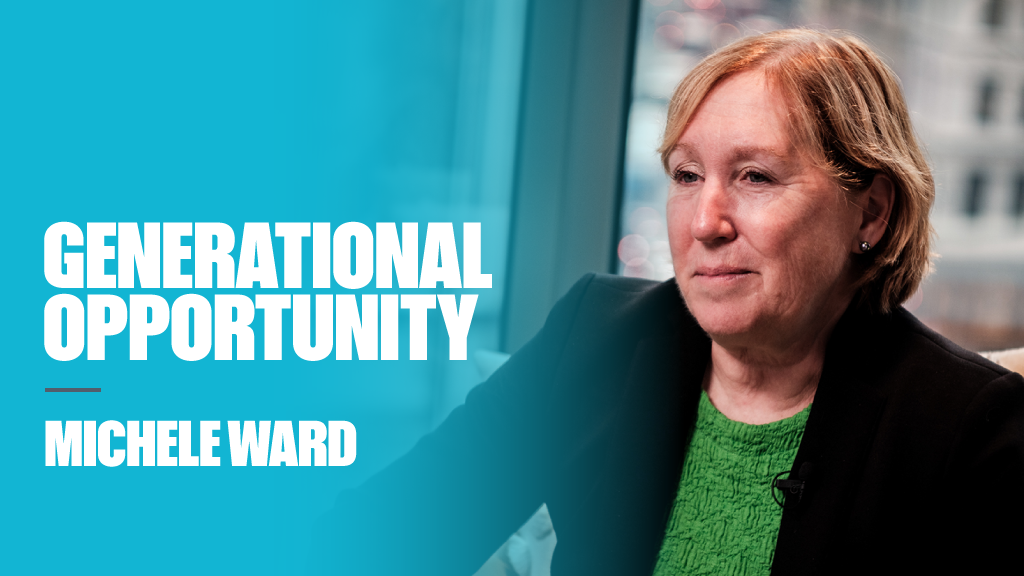The government’s £330bn support package to help businesses through the Covid-19 outbreak has been welcomed as “appropriate in the same way that the banking sector was bailed out in 2008”.
On Tuesday, chancellor Rishi Sunak (pictured) unveiled a package of measures to help UK businesses of all sizes deal with the blow from the coronavirus outbreak.
The government is making at least £330bn of loans available to businesses on top of the £30bn outlined at last week’s budget, and Sunak said the government would provide more funding if needed.
“If demand is greater than the initial £330bn pounds I’m making available today, I will go further and provide as much capacity as required,” he said.
To support liquidity among larger firms, the government has agreed a new lending facility with the governor of the Bank of England to provide “low cost, easily accessible commercial paper”.
It is also extending the business interruption loan scheme, announced in the budget last week to support businesses facing cashflow pressures, from £1.2m to up to £5m pounds with no interest for the first six months.
Sunak said he would discuss with the secretary of state for transport about a potential support package specifically for airlines and airports which have been particularly hit by the spread of the coronavirus.
He also confirmed government’s action will enable businesses with insurance policies that cover pandemics to make claims. He added many smaller businesses don’t have insurance and so the government is providing cash grants of £25,000 per business “to help bridge through this period”.
Mortgage lenders have also agreed to give people affected by the virus a three-month payment holiday, the chancellor announced.
The intervention comes a day after prime minister Boris Johnson urged the population to avoid unnecessary social contact by working from home and avoiding pubs and restaurants.
UK high street chain Laura Ashley announced on Tuesday it has fallen into administration, blaming coronavirus for preventing a rescue deal. Cinema chains Odeon, Cineworld and Picturehouse also announced they were closing down branches across the country until further notice.
In the US the Trump administration asked Congress for a stimulus package worth between $800bn and $850bn to address damage caused by the coronavirus outbreak. The Federal Reserve also said it would start buying commercial paper to help support US companies.
Square Mile investment director Jason Broomer believes it is right for the government to step in to support businesses to tide them over during the hiatus.
He said last week’s £30bn fiscal bazooka was not enough, pointing to Germany where state development bank, KfW, was given €550bn (£502bn) to deploy to companies hit by the effects of Covid-19.
“We know that this bug is probably going to no longer be an issue in 12 months’, 18 months’ or two years’ time and people will start to look to go on holiday. People will start to go out to restaurants again. Do we really want to drive Easyjet, Ryanair and British Airways to the wall and then go to all the trouble of rebuilding them in 18 months’ time when everyone wants to go on holiday again? Or should the government be stepping in to help support these businesses?
“I would argue very strongly that they should do and actually although you’re printing money to do this, it’ll be less inflationary than actually having to renew capitalism when you’ll have to have a pricing response in two years’ time, no airlines lots of demand for it prices for airline tickets through the roof.
“I think that it is appropriate, in the same way that the banking sector was bailed out in 2008.”
Close Brothers head of investment services Robert Alster said there will be “an enormous cost to keeping UK Plc afloat”.
“As an example, our estimates suggest supporting just half of Britain’s wage bill would cost the government approximately £40bn per month,” he added. “This is the sort of protection that might be required to ensure that when we come out the other side, consumer demand returns to pre-crisis levels and the economy isn’t damaged beyond repair.”
Brooks Macdonald deputy CIO Edward Park said the UK market reaction has been lacklustre because investors don’t want the economic impact of coronavirus deferred by interest free loans, but want to see direct stimulus via helicopter money.
“Helicopter money was used by the Hong Kong government earlier in the virus outbreak and is now being suggested by the White House,” he added. “These measures are designed to directly stimulate consumer demand or support corporate balance sheets by non-refundable government cash handouts.”









